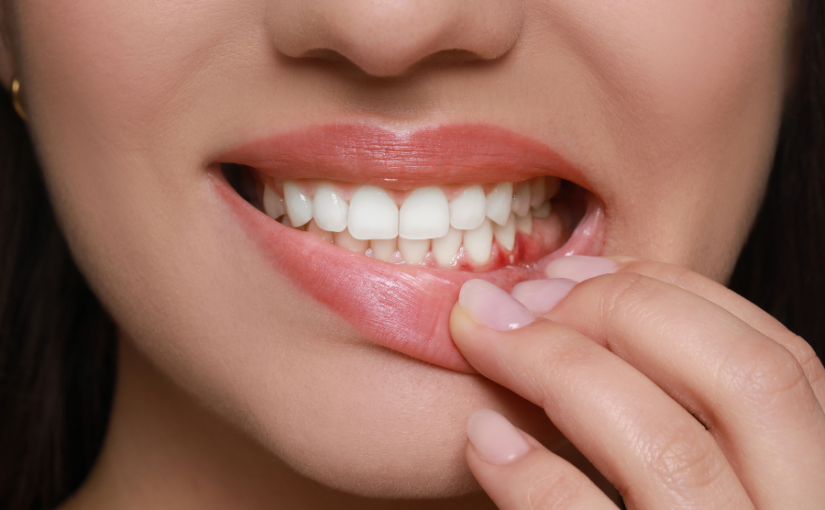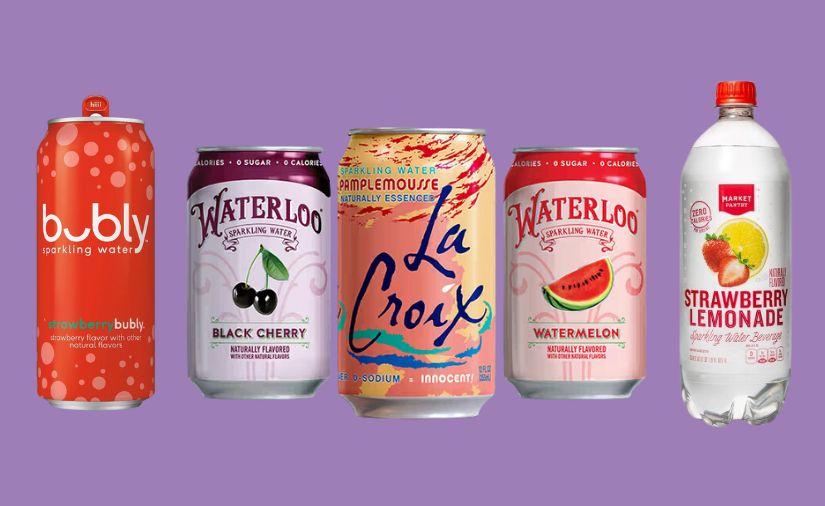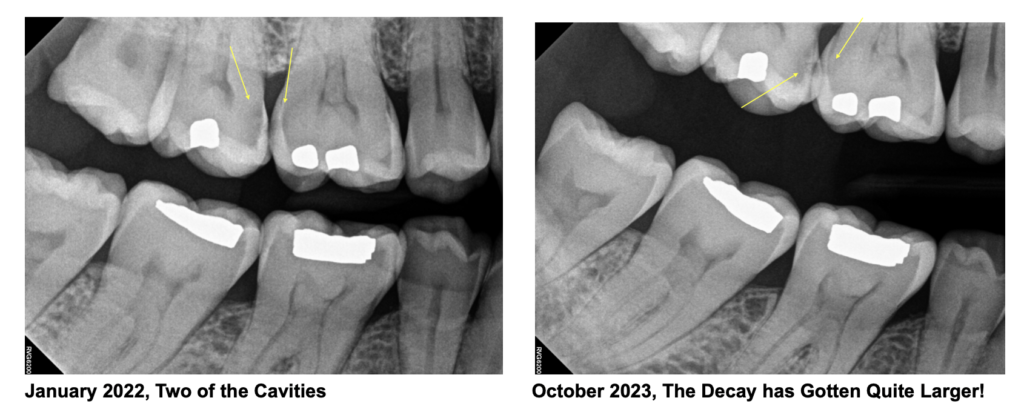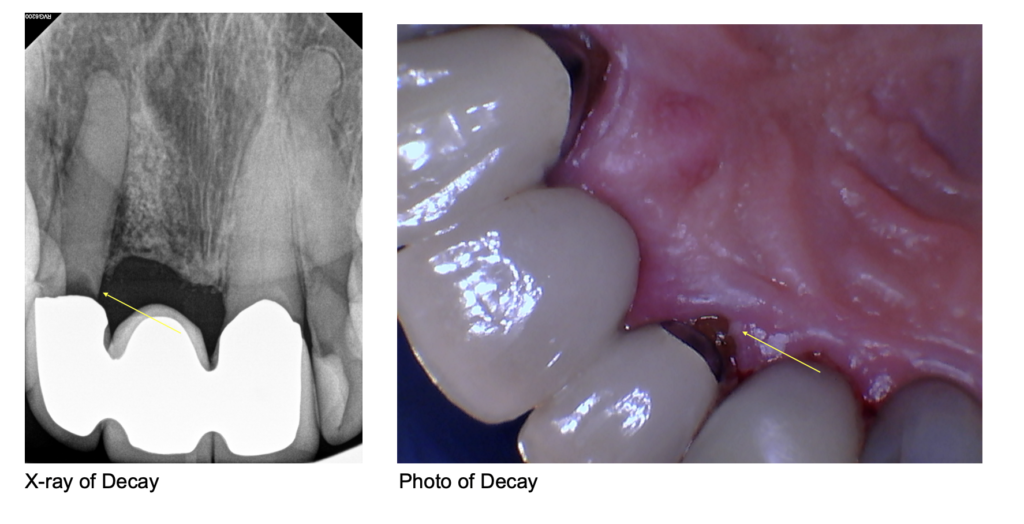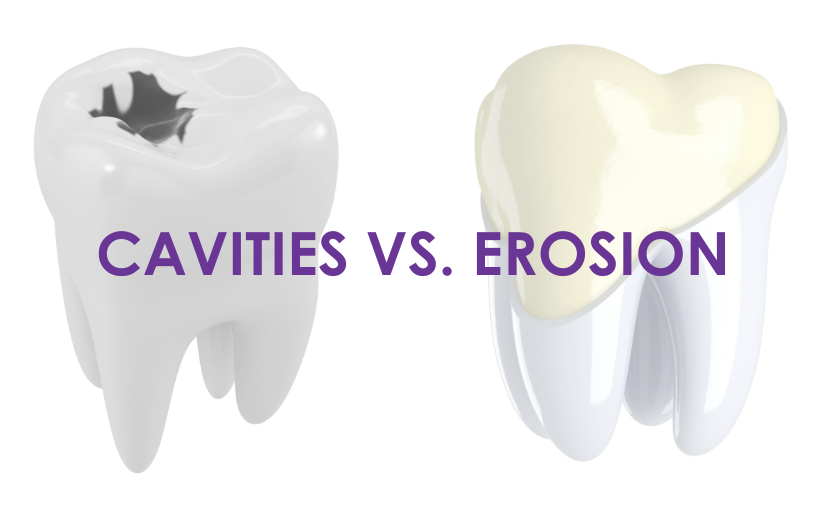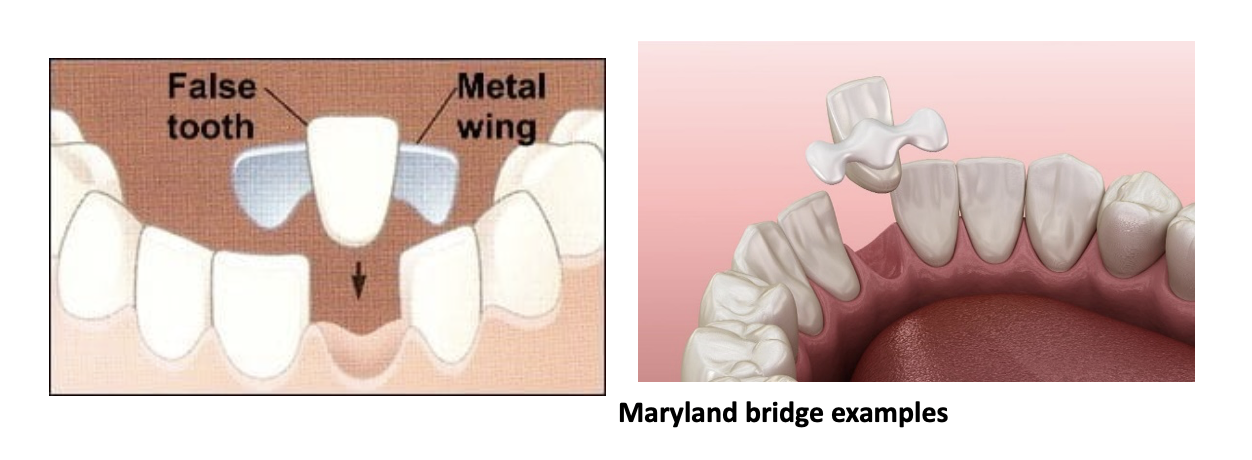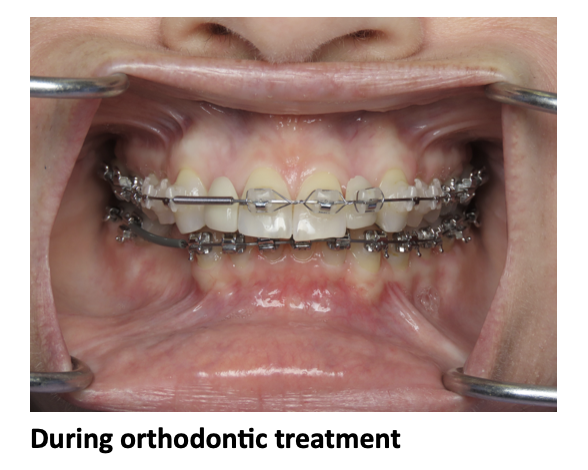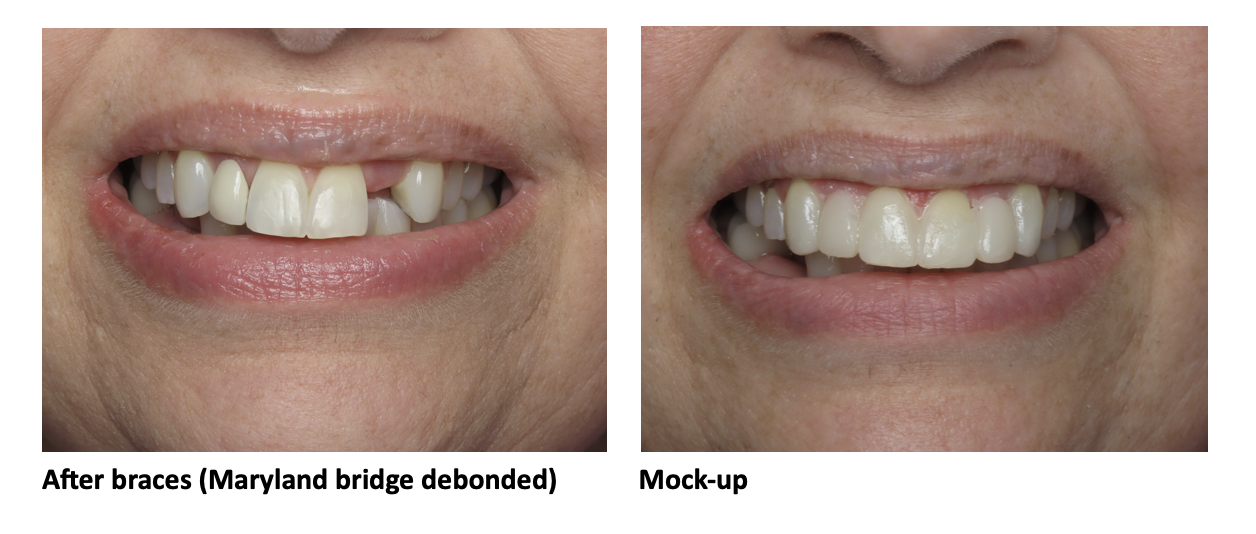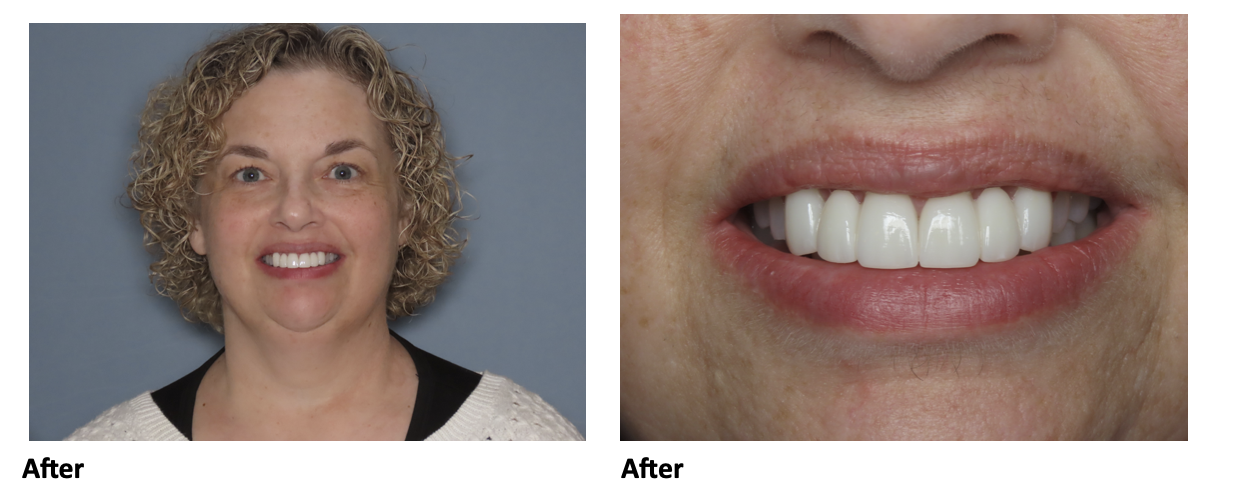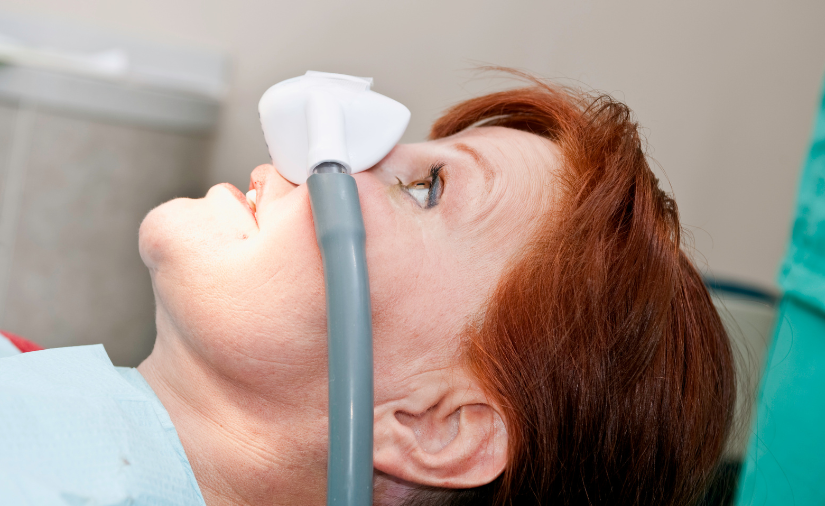By: Dr. Elizabeth Eggert
Inflammation is your body’s natural response to injury or infection, but when it becomes chronic, it can lead to serious health complications—including those affecting your gums. Whole-body inflammation often manifests in the gingival tissues as redness, swelling, and bleeding. Unfortunately, this is a “silent disease” because often during the early stages of the disease, there is no pain. This is unfortunate because many people then overlook it until it has progressed to a more serious stage. Your oral health is deeply connected to your overall well-being, making it essential to recognize the early warning signs and take action.
When systemic inflammation affects your gums, you may notice tenderness, persistent bad breath, gum recession, or increased tooth sensitivity. These symptoms are often indicators of underlying conditions such as cardiovascular disease, diabetes, or autoimmune disorders, which are all linked to chronic inflammation. Even if you don’t experience pain, your gums may still be at risk. Regular dental checkups can help detect subtle changes in your oral tissues before they escalate into severe periodontal disease.
At Eggert Family Dentistry in North Oaks, MN, Dr. Elizabeth Eggert and Dr. Jeff Eggert, along with our skilled team of hygienists – Lea, Cassie, Emily, and Lisa, are trained to identify early signs of inflammation in your gingival tissues. We assess your gum health during routine exams, looking for telltale signs such as puffiness, discoloration, and excessive plaque buildup. By addressing these symptoms early, we can help you manage inflammation and prevent long-term damage to your gums and overall health.
One of the best ways to combat gum inflammation is by adopting a proactive oral hygiene routine. Brushing twice a day with a soft-bristled toothbrush, flossing daily, and using an antimicrobial mouthwash can help reduce bacterial buildup and prevent your immune system from overreacting. Additionally, maintaining a balanced diet rich in anti-inflammatory foods, such as leafy greens, fatty fish, and nuts, can support your body’s natural defenses against chronic inflammation.
Beyond oral hygiene, lifestyle choices play a crucial role in managing inflammation. Stress reduction techniques, such as mindfulness and regular exercise, can lower levels of inflammatory markers in your body. Staying hydrated and avoiding smoking or excessive alcohol consumption can also help keep inflammation in check. If you have underlying health conditions that contribute to chronic inflammation, working with your medical providers as well as us at Eggert Family Dentistry will help manage them and will further protect your gums and overall health.
Your dental team at Eggert Family Dentistry is committed to helping you recognize and address gum inflammation before it leads to serious complications. Through regular professional cleanings, personalized care plans, and patient education, we empower you to take control of your oral and systemic health. By staying vigilant and proactive, you can reduce inflammation, protect your gums, and improve your overall quality of life. Call us today for your next appointment! 651-482-8412
